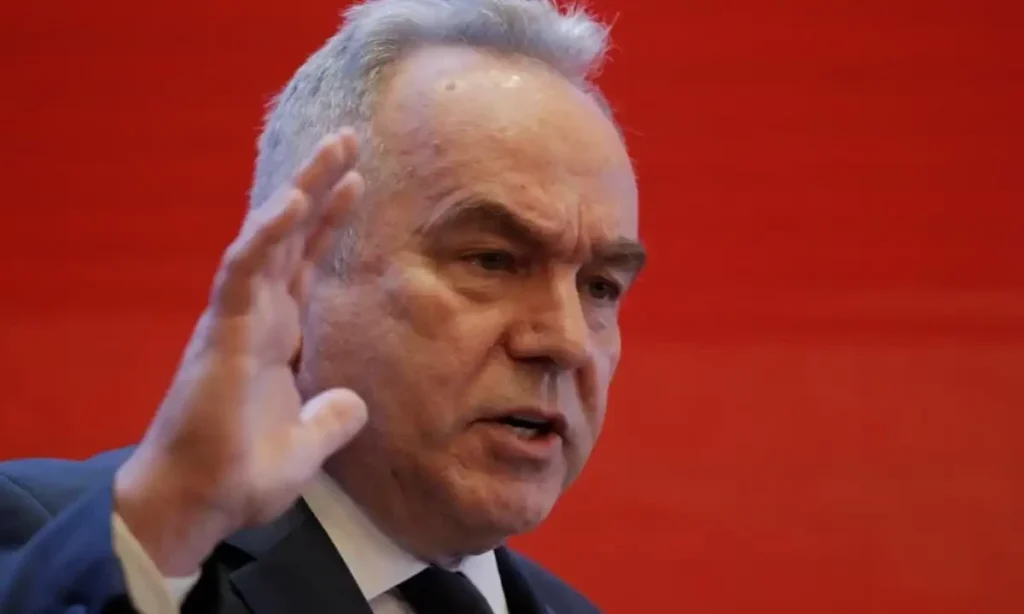Coordinate Response
The Biden administration is actively working to align its response to Iran’s recent attacks with Israel, according to U.S. Deputy Secretary of State Kurt Campbell.
During a virtual event hosted by the Carnegie Endowment for International Peace, Campbell emphasized the precarious situation in the Middle East, stating, “The Middle East is on a knife’s edge and a broader escalation can imperil both Israeli and U.S. interests.”
The recent tensions were heightened when Iran launched a series of ballistic missiles targeting Israel in retaliation for Israel’s ongoing military operations against Iran’s allies in Hezbollah, based in Lebanon.
Sirens blared across Israeli territory, and explosions were reported in Jerusalem and the Jordan River valley as residents rushed into bomb shelters, highlighting the immediate danger posed by the missile strikes.
This aggressive action from Iran comes in the wake of an Israeli military campaign that reportedly resulted in the deaths of senior Hezbollah leaders.
The situation escalated further as Israeli forces conducted ground raids into Lebanon, which Israel characterized as limited incursions.
This military engagement marks a significant increase in regional hostilities, making it the most severe escalation of warfare since the onset of conflict in Gaza a year ago.
Campbell described Iran’s recent actions as “deeply irresponsible,” underscoring the urgent need for a coordinated “return message” to Tehran.
He recognized the importance of a response but cautioned that the region is already at a tipping point, raising concerns about a potential broader escalation of conflict.
He warned that ongoing hostility not only jeopardizes Israel’s security but also threatens U.S. strategic interests in the region.
In addressing the attacks from Lebanon, Campbell labeled them as “destabilizing” and advised against prolonged military engagement with Lebanon.
While he expressed support for certain Israeli military actions, he also voiced concerns regarding extensive ground operations in Lebanon, highlighting the delicate balance the U.S. aims to maintain amid escalating tensions.
When asked about the U.S. response to Iran’s attacks, Campbell emphasized the importance of consultation and coordination with Israel.
He noted that keeping communication lines open is crucial to ensuring that both countries’ perspectives are well understood and integrated into their strategic approach.
In conclusion, Campbell remarked on the significant attention and resources that senior U.S. leadership is dedicating to this situation, stating, “The amount of time and focus that this is taking from our senior leadership cannot be underestimated.”
This reflects the critical nature of the ongoing conflict and the U.S. commitment to navigating the complexities of the Middle Eastern geopolitical landscape.


